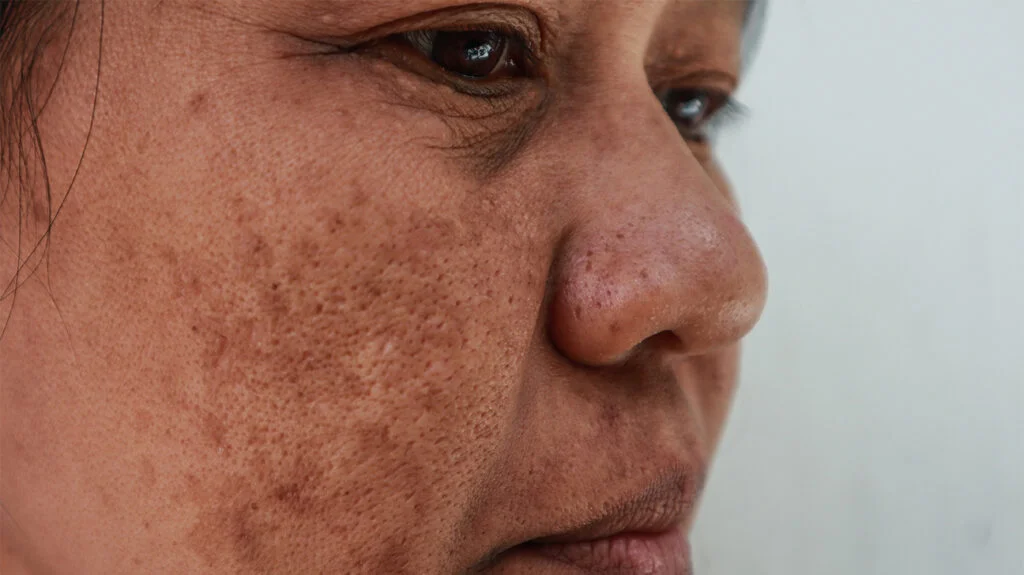
Melasma, a common skin condition causing brown or gray-brown patches, can be challenging to treat. However, with the right skincare products, it’s possible to manage and reduce its appearance. Below is a list of the most effective skincare products used for treating melasma.
Hydroquinone Cream
Hydroquinone is one of the most widely prescribed topical treatment for melasma. It works by lightening dark patches on the skin by inhibiting melanin production. You can find hydroquinone in both over the counter (OTC) and prescribed-strength creams.

Best Hydroquinone Cream:
Obagi Nu-Derm Clear Fx: Anon-prescription hydroquinone alternative that lightens hyperpigmentation with natural ingredients.
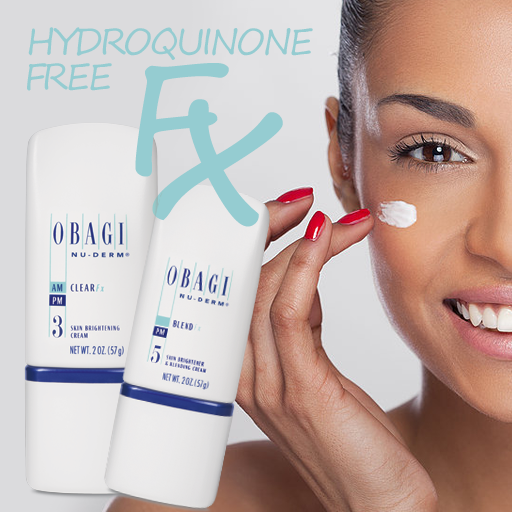
Tri-Luma Cream: A prescription-strength cream that combines hydroquinone, tretinoin, and a mild steroid for faster results.
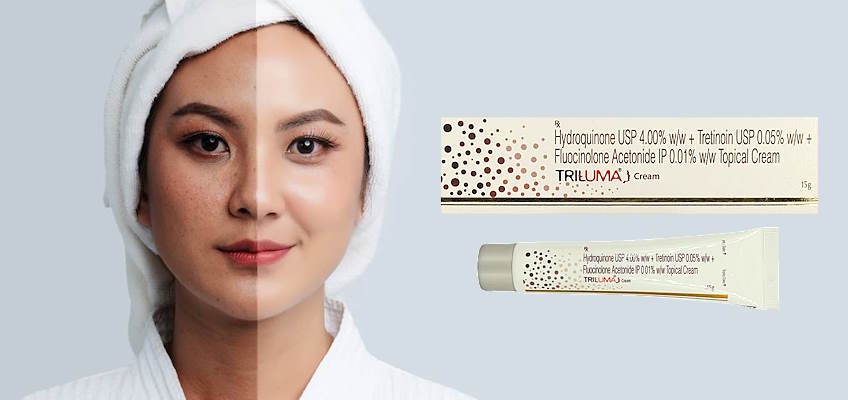
Retinoids (Tretinoin)
Retinoids, such as tretinoin, are derivatives of vitamin A that help increase cell turnover, promoting the removal of pigmented skin cells. Retinoids are often prescribed in combination with other melasma treatments like hydroquinone for enhanced results.
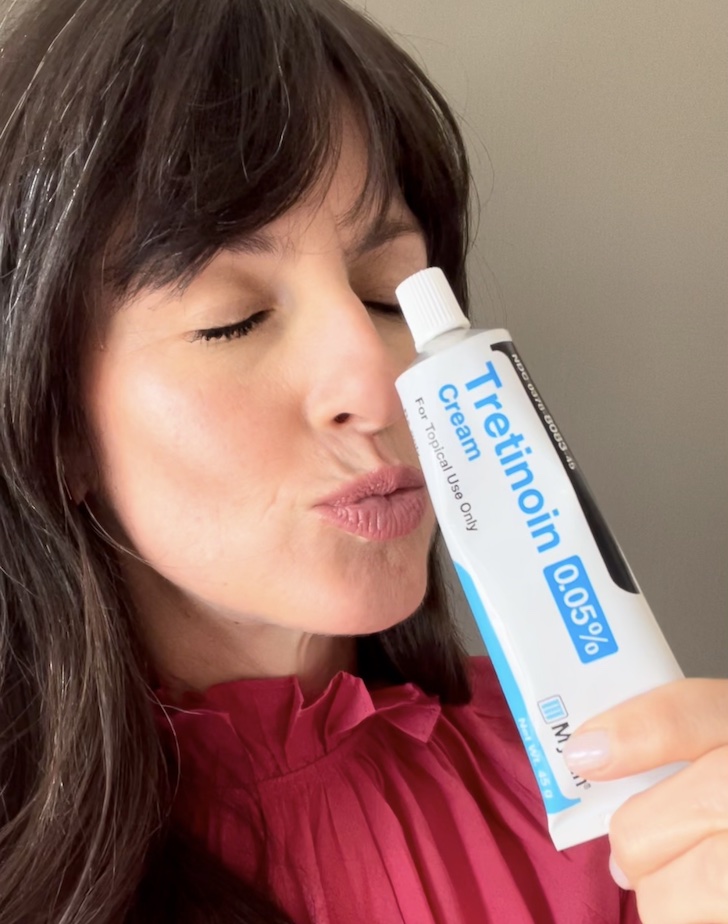
Top Retinoids for Melasma:
Differin Gel (Adapalene): A gentle, over-the-counter retinoid that promotes skin cell turnover and fades pigmentation over time.
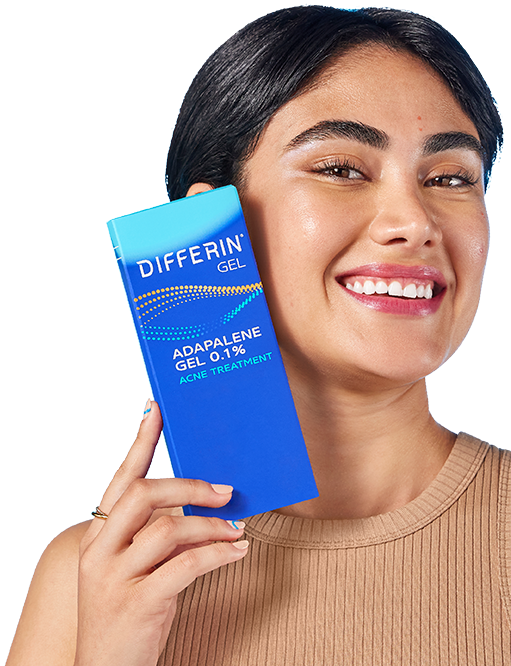
Retin-A (Tretinoin): A prescription-strength retinoid that accelerates cell turnover and enhances the effectiveness of other lightening agents.
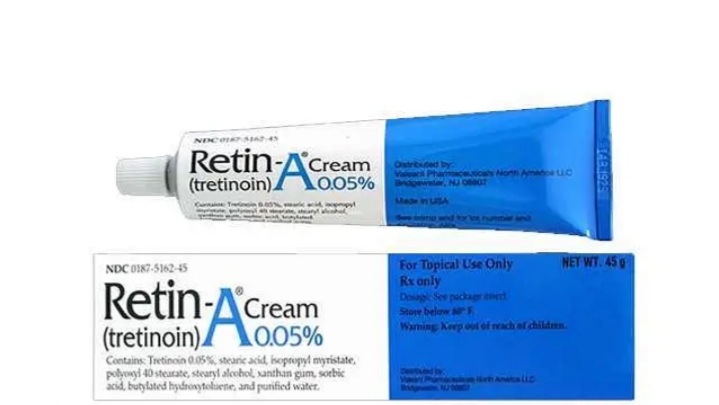
Vitamin C Serum
Vitamin c is a powerful antioxidant that helps to brighten the skin and reduce pigmentation. it works by neutralizing free radicals that contribute to melanin production. vitamin c serums can be used as part of your daily skincare routine to improve overall skin tone.
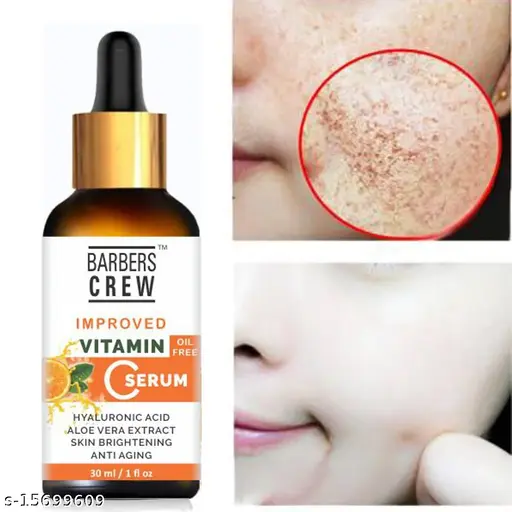
Best options:
SkinCeuticals C E Ferulic: A potent antioidant serum with Vitamin C, Vitamin E, and Ferulic Acid that reduces dark spots and improves overall skin tone.
Melano CC Intensive Anti-Spot Essence: Contains Vitamin C and E, specifically formulated to fade dark spots.
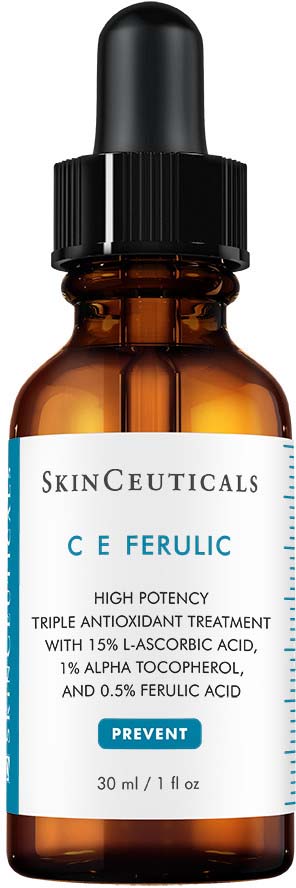
Azelaic Acid
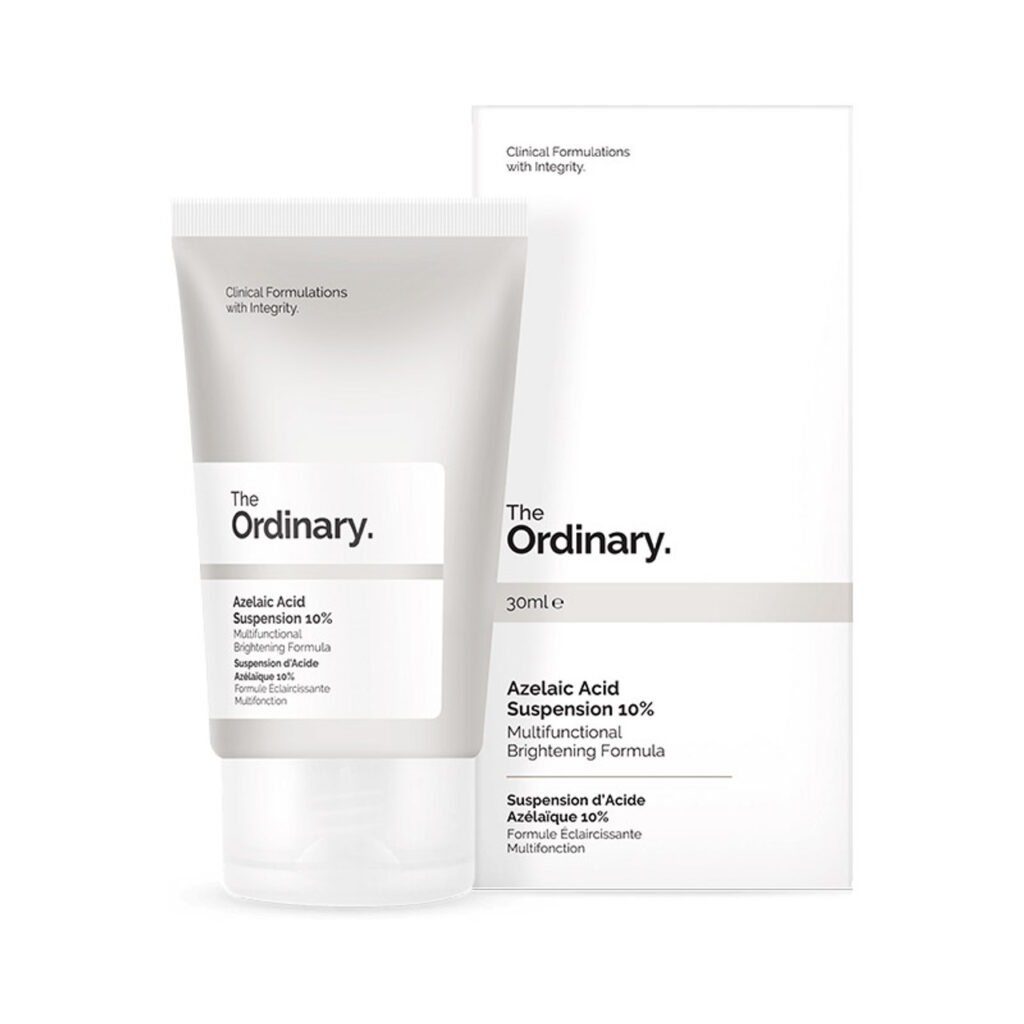
Best Options:
The Ordinary Azelaic Acid Suspension 10%: A budget-friendly option that brightens skin and targets pigmentation without irritation.
Finacea (15% Azelaic Acid Gel): A prescription-strength azelaic acid that effectively reduces pigmentation.
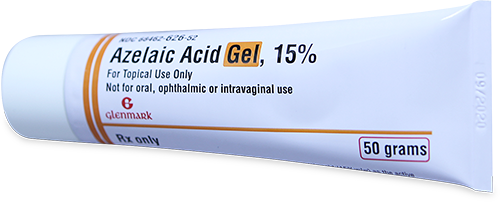
Niacinamide (Vitamin B3)
Best Options:
The Ordinary Niacinamide 10% + Zinc 1%: An affordable serum that brightens and strengthens the skin`s barrier.
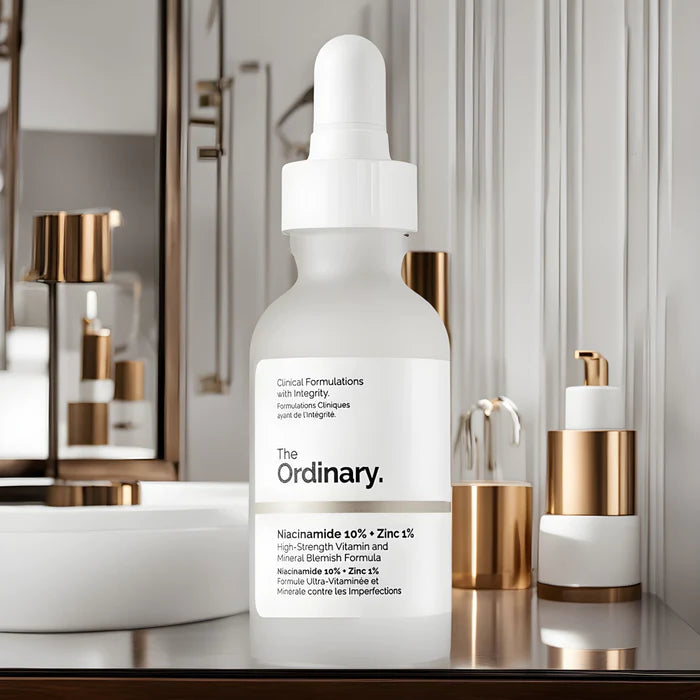
Paula`s choice 10% Niacinamide Booster: A high-strength formula that reduces dark spots, evens skin tone, and minimizes pores.
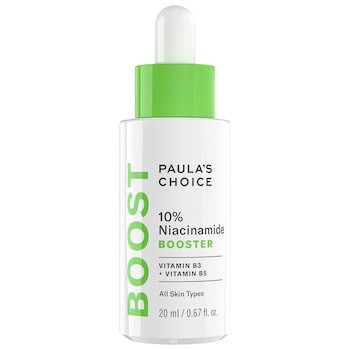
Alpha Hydroxy Acids (AHAs)
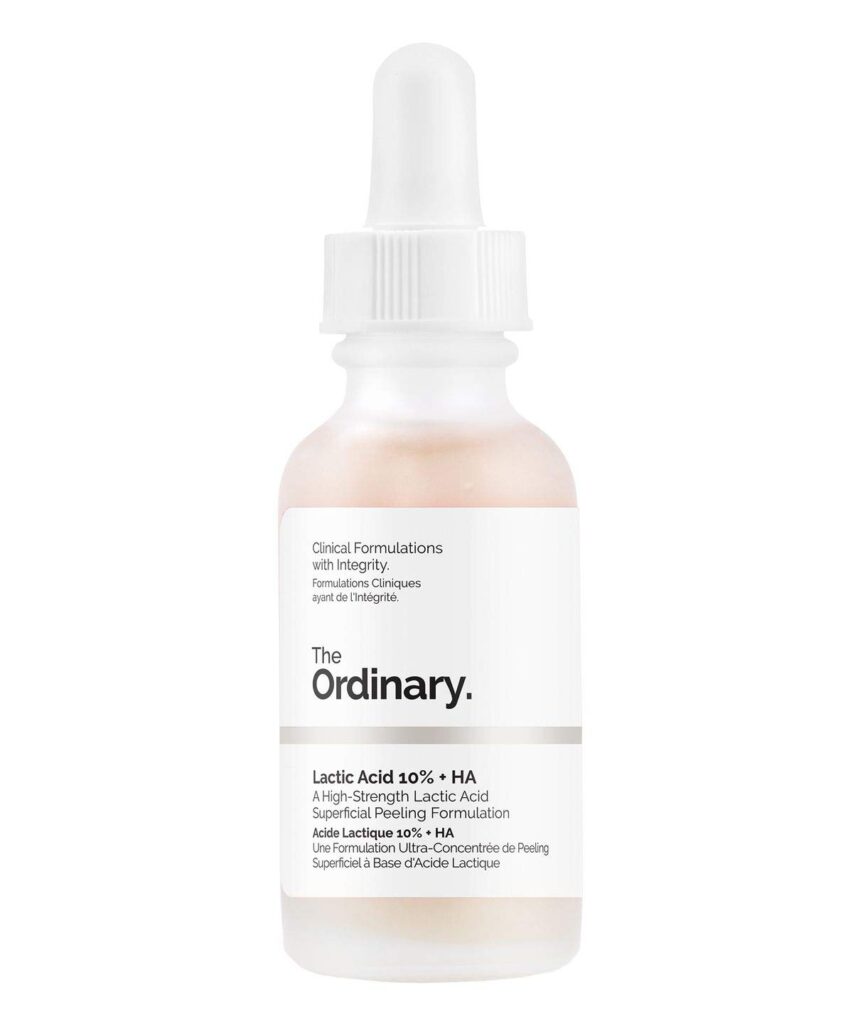
Best Options:
Glytone Mild Gel Cleanser (Glycolic Acid 4.7%): A gentle cleanser that exfoliates and improves skin texture while fading pigmentation.
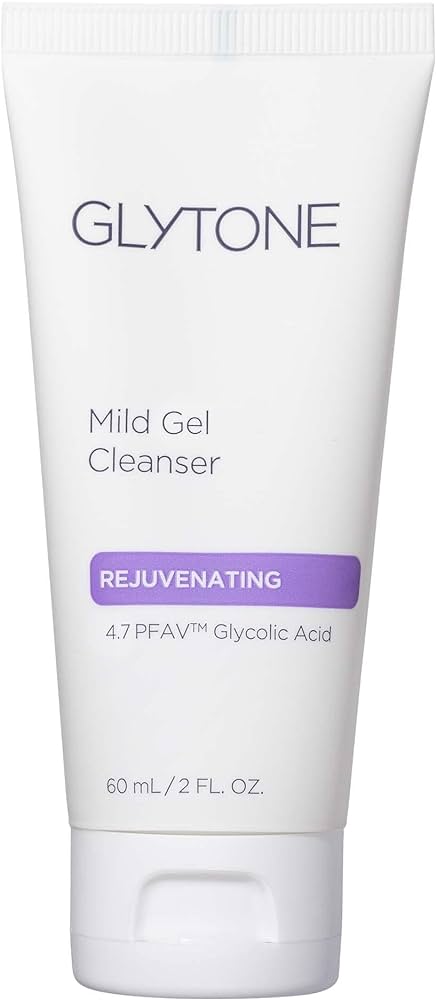
Pixi Glow Tonic (Glycolic Acid 5%): A cult-favorite toner that exfoliates and brightens the skin without harshness.
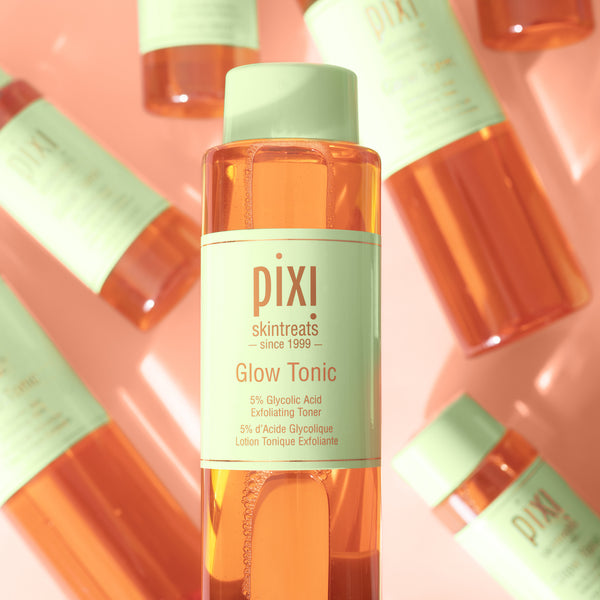
Arbutin
Best options:
The Ordinary Alpha Arbutin 2% + HA; A lightweight serum that targets dark spots and hyperpigmentation.
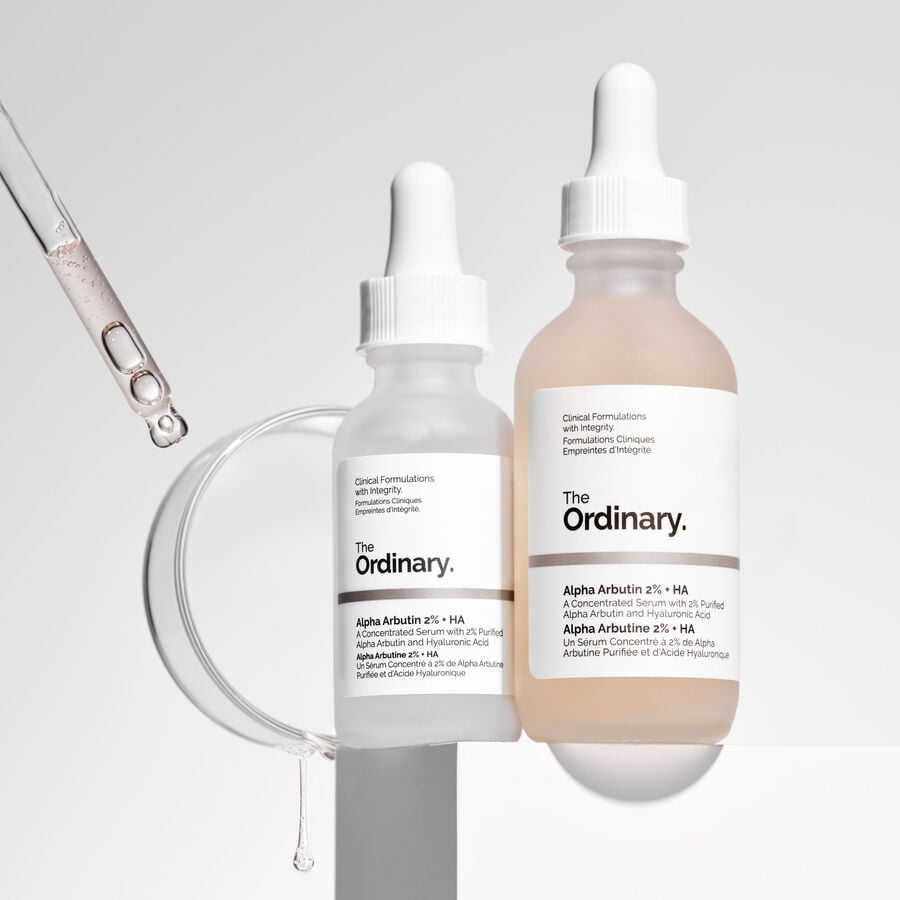
Paula’s Choice Resist brightening Essence: Contains alpha arbutin and other brightening in gradients to even skin to even skin tone.
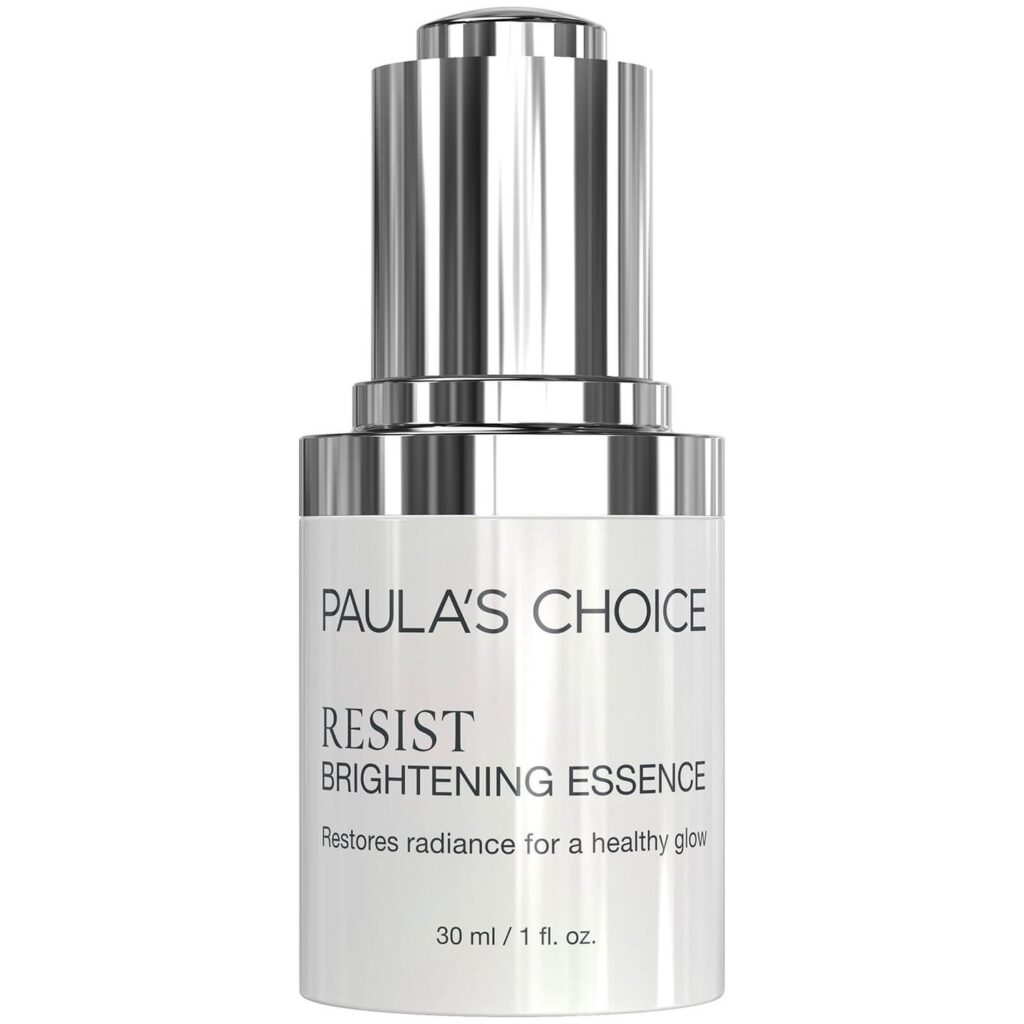
Tranexamic Acid
Best Options:
SkinCeuticals Discoloration Defense: Contains tranexamic acid, kojic acid, niacinamide, effectively reducing stubborn discoloration.
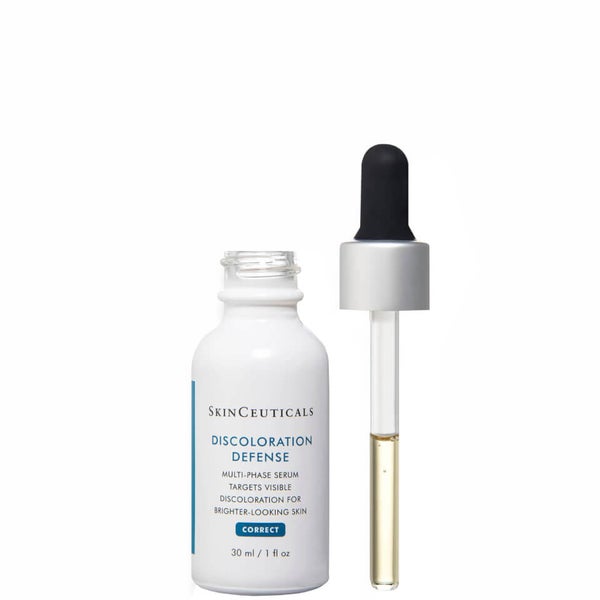
Naturium Tranexamic Topical Acid 5%: A more affordable option that helps reduce the appearance of melasma and dark spots.
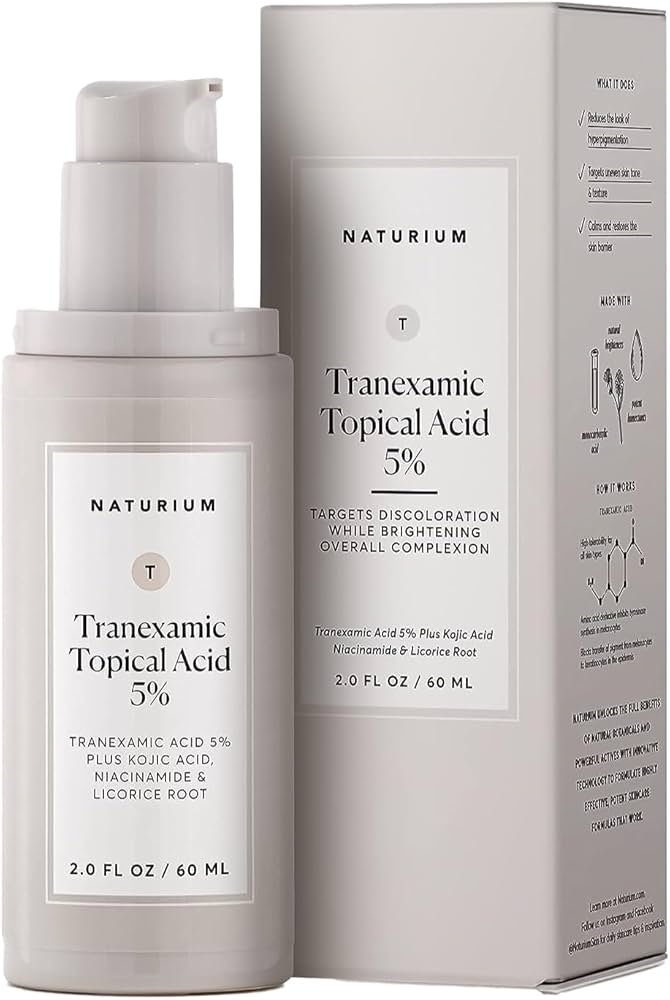
Sunscreen: The Foundation of Melasma Prevention: Sun exposure is one of the main triggers of melasma, so wearing sunscreen daily is non-negotiable. Abroad-spectrum sunscreen with at least SPF 30 is essential to protect the skin from both UVA and UVB rays, which can worsen hyperpigmentation.
Top Sunscreens for melasma
EltaMD UV Clear Broad-Spectrum SPF 46: Lightweight and oil-free, this sunscreen contains zinc oxide for mineral-based protection and niacinamide, which helps calm inflammation.
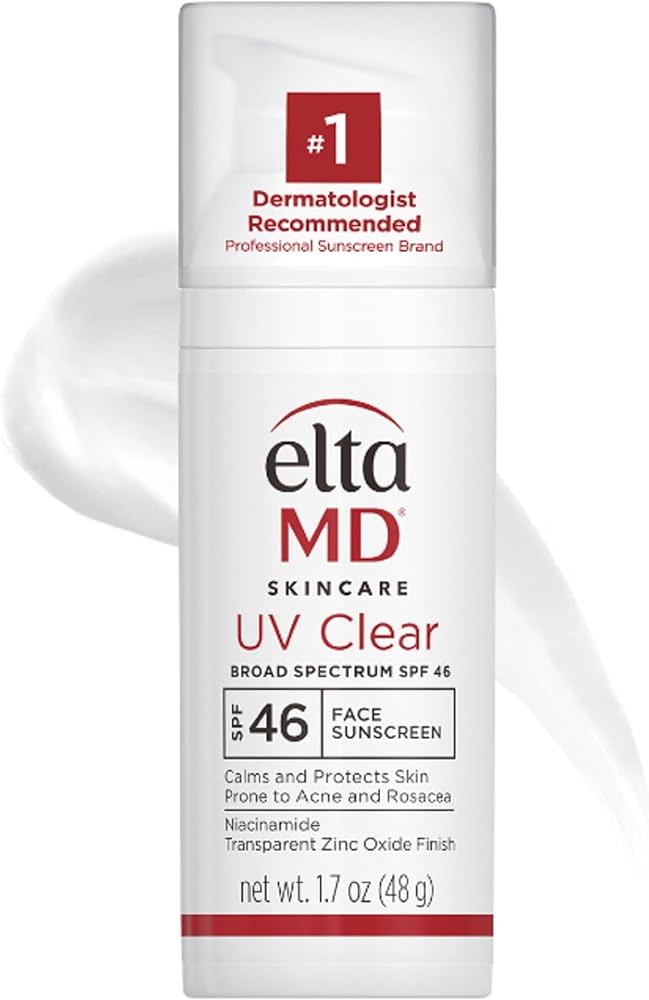
La Roche-Posay Anthelios Melt-in Milk Sunscreen SPF 100: Known for its high SPF, this sunscreen provides intense protection while being gentle enough for sensitive skin.

ISDIN Eryfotona Actinica SPF 50+: A physical sunscreen that not only protects the skin but also helps repair existing sun damage, reducing the chances of melasma worsening.
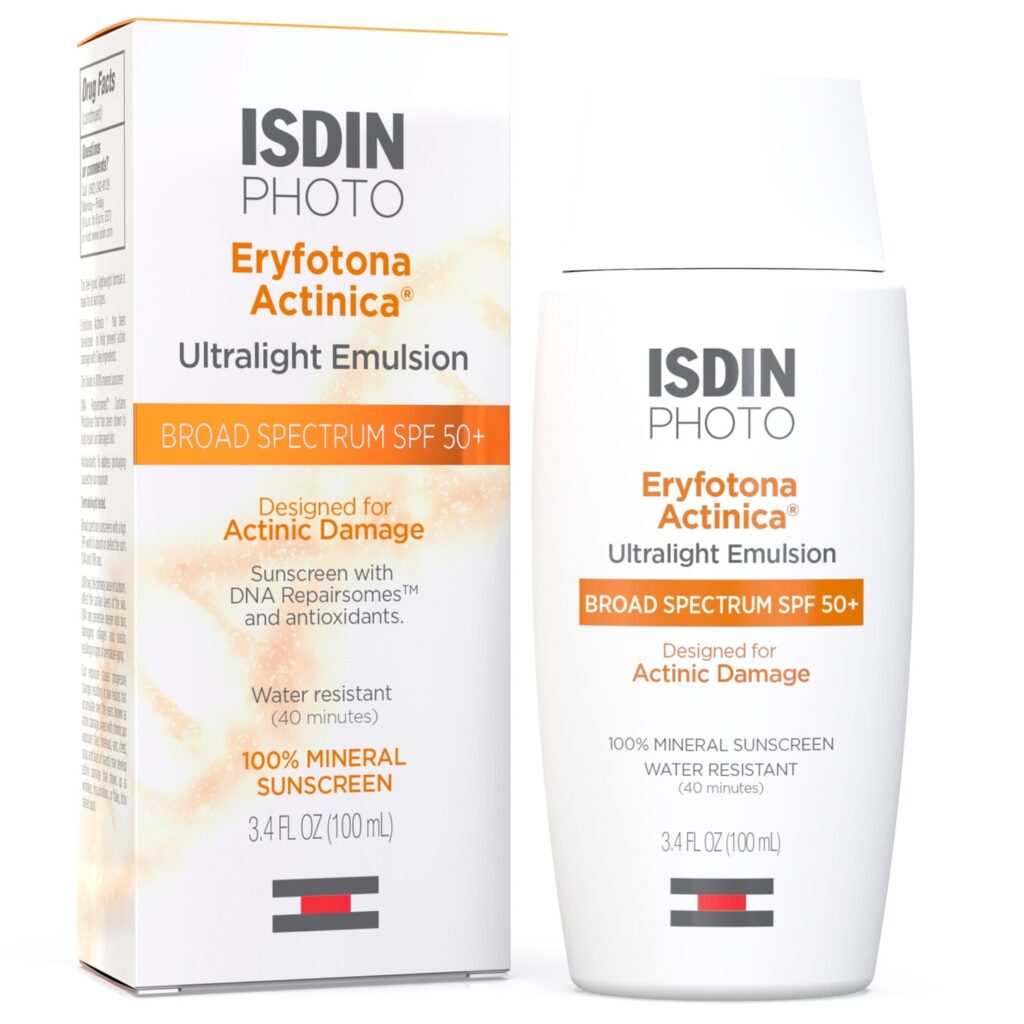
Additional Tips:
Patience is key: Melasma treatments take time, and it may take a few months to see significant improvements.
Consistency: Using these products regularly and reapplying sunscreen throughout the day is critical to prevent melasma from worsening.
Dermatologist Guidance: If over-the- counter products aren`t working, consult a dermatologist who can prescribe stronger treatments like chemicals peels, lasers, or prescription creams. Combining these products in a routine can help reduce the appearance of melasma while preventing further pigmentation. Always patch-test new products and introduce them gradually into your routine.
Conclusion
Treating melasma can be a long process, but with the right skincare routine, it`s possible to significantly reduce its appearance. Sunscreen remains the most critical step in preventing further pigmentation, while ingredients like Vitamin C, hydroquinone, retinoids, and azelaic acid actively work to lighten dark spots. For those with sensitive skin, niacinamide, arbutin, and AHAs provide gentler yet effective alternatives.

